“I’m not against plastic surgery,” Madonna once said. “I’m against talking about it.”
It’s a line that was on my mind this week as I pow-wowed with Jun and my favorite photographer Katie Grammes about an upcoming YOUNG WORLD photo shoot. We all know I love a themed photo campaign to set the mood for a new book era. Much of this is vanity. All the glam and fuss and posing… I get to be a pop star for a day. But there is a deeper reason for it: once the book is released, it belongs to the readers. An artistic photo inspired by the book is the last chance to hold onto the essence of what the work feels like to me.
Here’s a few of my favorites over the years:
For YOUNG WORLD, we’re planning the most ambitious campaign of all. Enough that it’s going to take two full 10-hour days to get it done. Then weeks of photo editing and curating after.
Which means a lot of time looking at myself.
Yes, it’s self-inflicted but it’s also indicative of a part of the job that they never really tell you about.
How much authors have to deal with their own face.
The agony over picking the right author photo for the book jacket… the flood of videos for global retailers and accounts before release… the photos from panels and appearances on social media… the tagged signing line pics that pop up in bunches after every large event… Your face is following you.
This is difficult for authors, a generally introverted bunch, and it was especially difficult for me, because for much of my life, I hated looking at my face and was phobic of mirrors. Agatha in the School for Good and Evil is deathly afraid of her reflection and that was a subplot pillaged entirely from my own life. Her big internal moment, where she learns to look at herself by being tricked with a makeover spell, is one I longed for, but couldn’t quite make happen for myself. (When they cut it from the movie, I went full Furiosa.)
I feel quite stupid about this all now. That I was so afraid of my own face. That I saw ugliness and blemishes and poor design instead of a clear, honest reflection. But it took the silver bullets of therapy, finding real love, and perhaps most of all, writing about it, to slay the demons and make me see the truth instead of distortion.
All of this just in time to deal with… aging.
Ha.
My hunch is that this is a new problem in kid-lit and YA: that once upon a time, young readers didn’t care if Judy Blume or J.K. Rowling or Suzanne Collins or Beverly Cleary were young themselves, because they only saw their names on the book covers and author photos were often omitted and all that mattered was the story on the page.
But now, things are different. The author is packaged alongside the work, with their look and persona as important as the quality of the book — maybe even more important — and youth itself becomes essential to whatever it is we’re trying to sell.
There are pros and cons to this, which you can easily imagine. Pros being a deeper connection with your audience; the holy grail of literary branding. Cons being that there is a whole lot of Emperor’s New Clothes going on, where very young authors with pretty faces and dubious writing skills, are selling a lot of books.
I’m less interested in debating the merits of all this. These are the times and authors need to adapt. But I’m more compelled to write about how it feels for me to be over 35 and writing for young people in 2025.
And it feels… complicated.
On the one hand, the writing is only getting better and better. My teenage self feels less threatening to me now, but even more palpable — I know how to write for younger people with more urgency and intensity than I ever have. YOUNG WORLD has a balls-out, no-prisoners courage that I couldn’t have summoned as a younger author.
On the other hand, I’m having trouble with my face again. Right when I thought the troubles were buried in their coffins.
Because here’s the truth. I want you to know me through my words. My everchanging thoughts and feelings and stories. The infiniteness of my consciousness. I don’t want you to know me by the limitations of my face and voice and “personality.” I don’t want to stage TikToks talking to the camera. I don’t want to make videos convincing people to read my book. I don’t want to have to act young and relatable right when I’m getting older and smarter and wiser. I don’t want to have to act at all!
What I want is to write my books and become each one — so much so, that for each new book, I embody that aesthetic, in mind and body and mood. So that there’s no author brand, there’s no essential Soman that remains, there’s just each new book and my little mysterious photographs and if anyone tries to lock me down as an identity or a human or a face, all they’ll find is an ageless, ethereal cloud.
Good luck to me!
I texted my Mom yesterday: “Do I need Sculptra?”
“What is that” she replied.
My Mom is 71, looks 45, and has done zero to her face, other than a lot of facials and sunscreen, so whenever I’m insecure about mine, I go to her.
“It’s a substitute for filler where your face makes its own collagen,” I wrote.
“Don’t use filler. It’s very bad,” she texted.
“This is magical filler,” I wrote back.
“It sounds like a scam,” she concluded.
And she may very well be right.
But I don’t know how to tell her I’m afraid. That one day soon, that face will out-age my own audience. Where it doesn’t matter how good the books are… if my face doesn’t stay young, the readers will move onto a younger, fresher Soman-type, even if he writes a middling, fleeting kind of book.
Truth is, there’s no way around this fear except to live through it.
I can’t Benjamin Button my face — even if I wanted to.
During the movie season for SGE, I did Botox to prepare for all the HD photos at events and absolutely hated it. I looked great, but I couldn’t move my forehead or squint my eyes and it always felt like I was underemoting and deep down, I felt ashamed about injecting rat poison just to look better in photos. And if I can’t manage Botox… well, other than facials and sunscreen and dodgy creams off Amazon, what else can I do but have faith?
Not in my face.
In the work.
Because underneath the fear, there’s this deeper, stronger belief.
That looks and packaging and branding can only go so far.
That one day, when we’re gone, no one will care about our TikTok feeds or Youtube channels or the thousands of hours we put into our fake photos and digital persona.
But they will care about the book.
The art remains.
And it only remains if it’s good.
Back to my glorious, mirrorless cave.
Your turn.
Do you care about author’s faces?
Until next week —


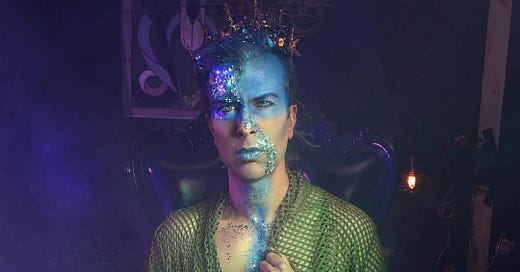



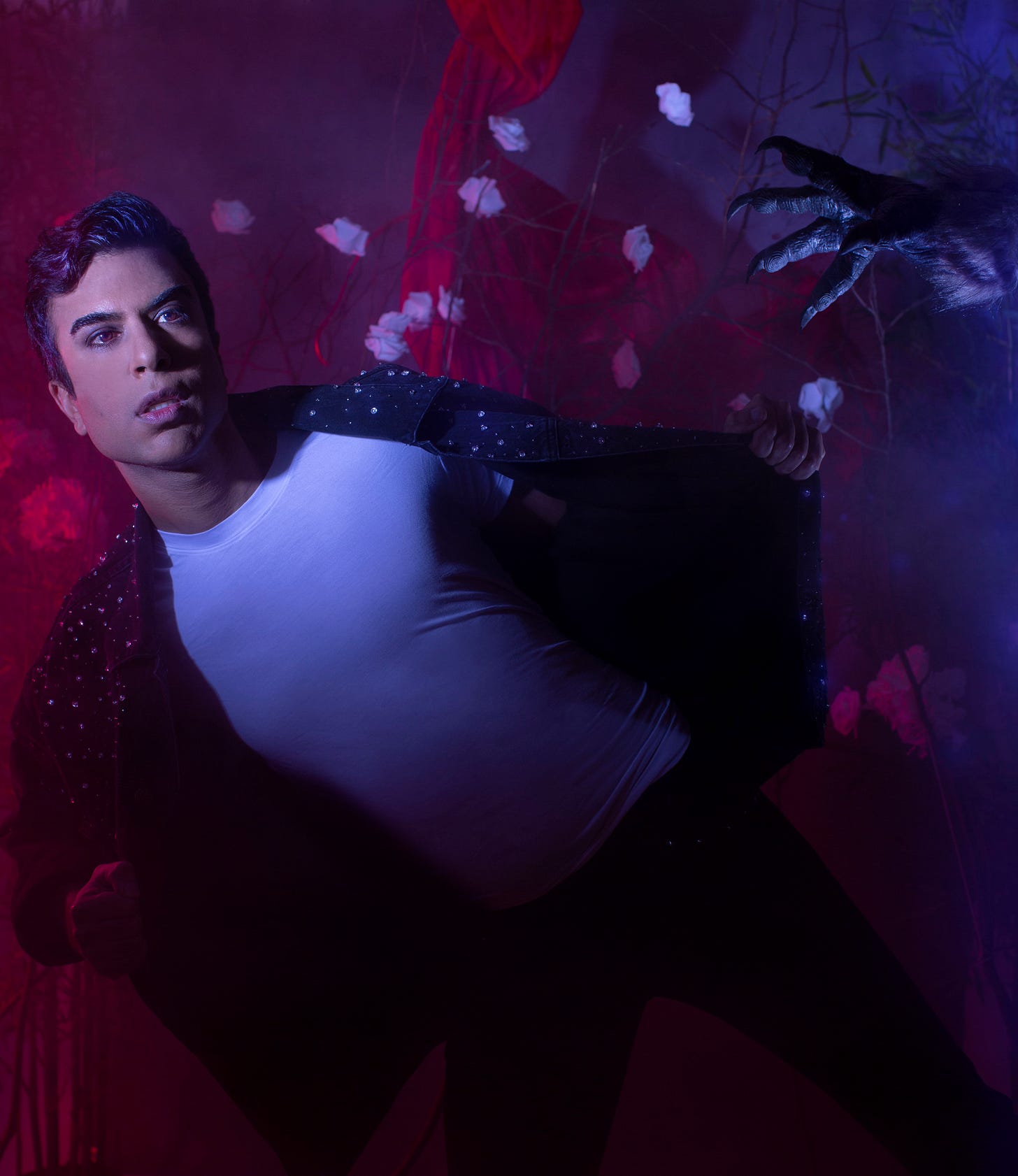
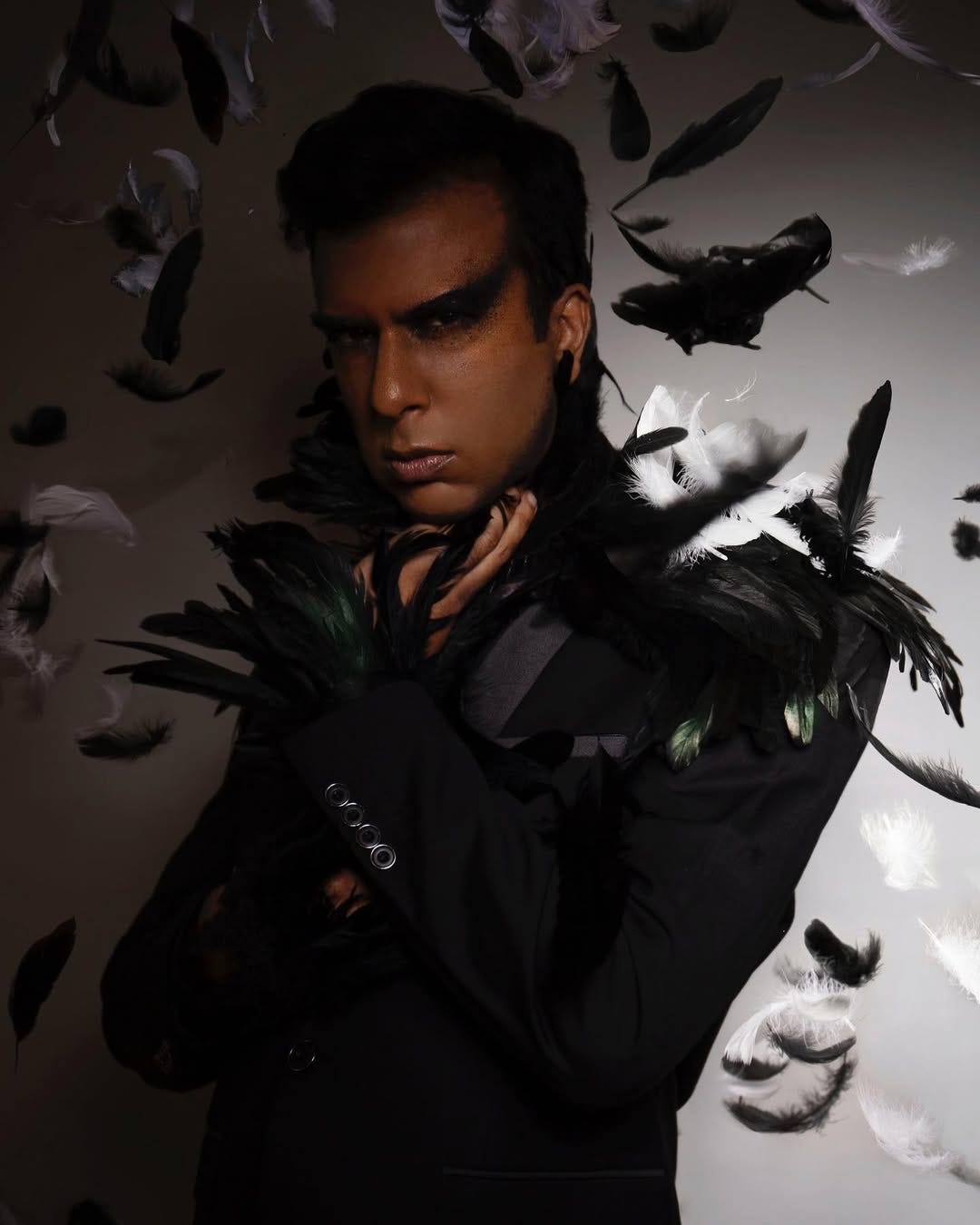

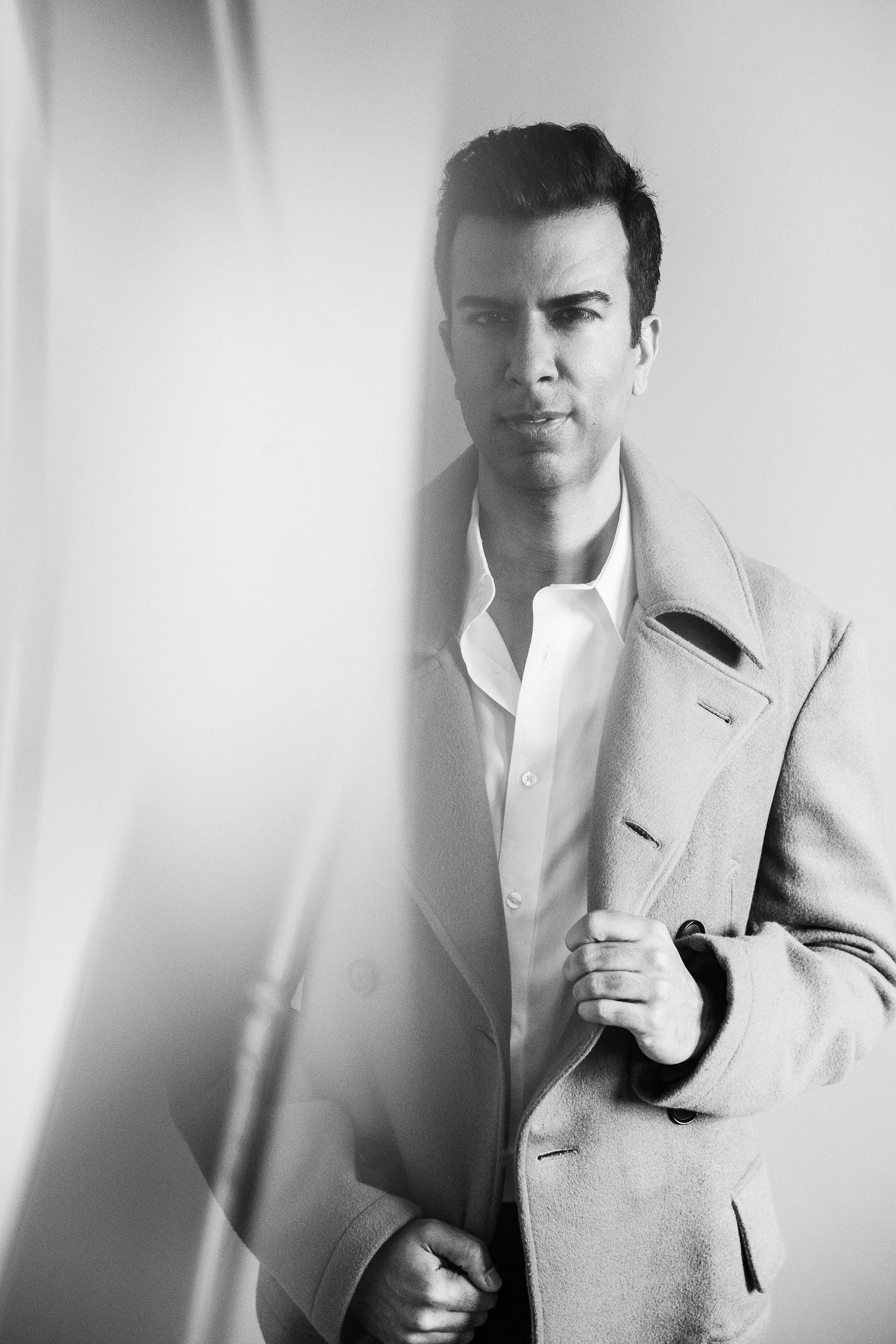
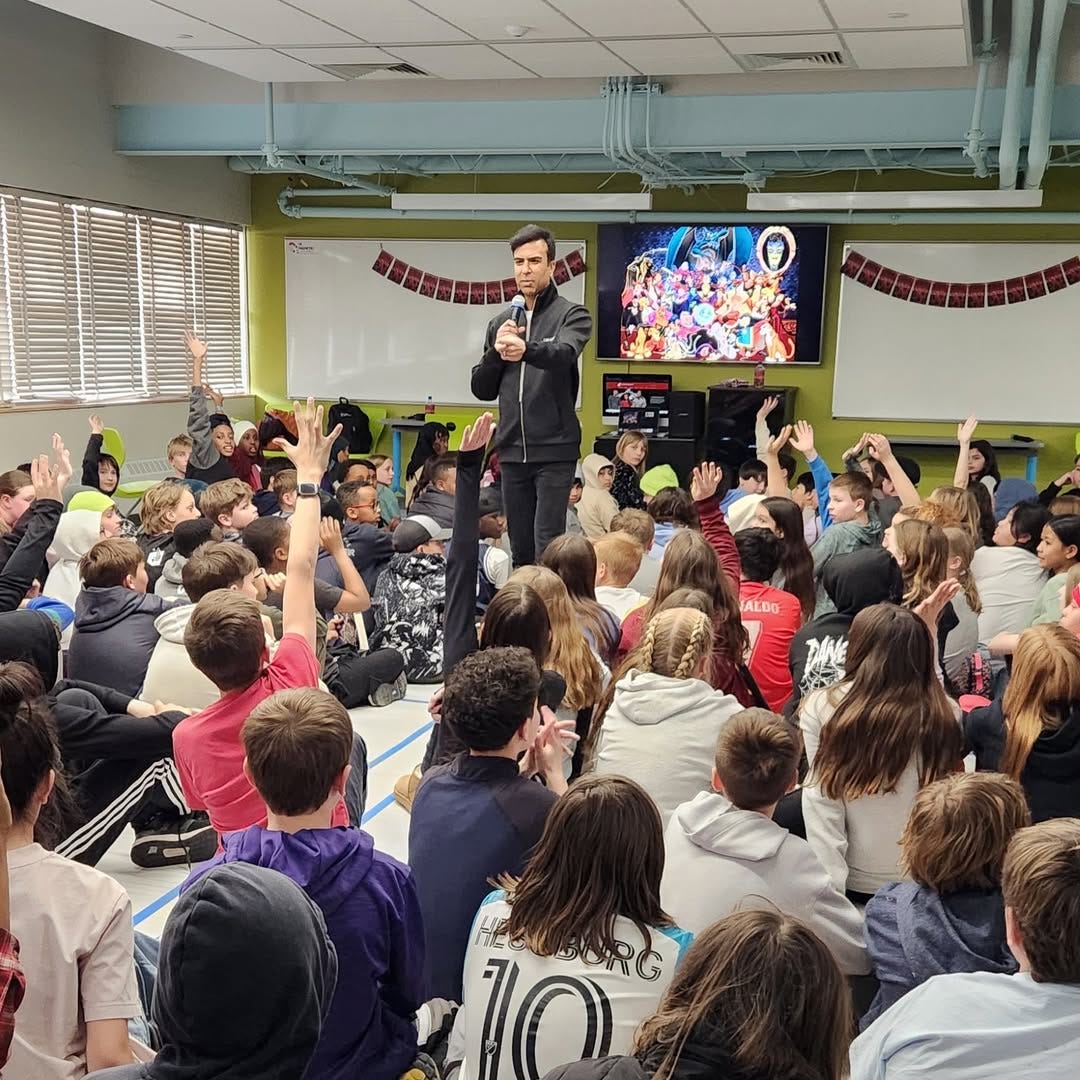
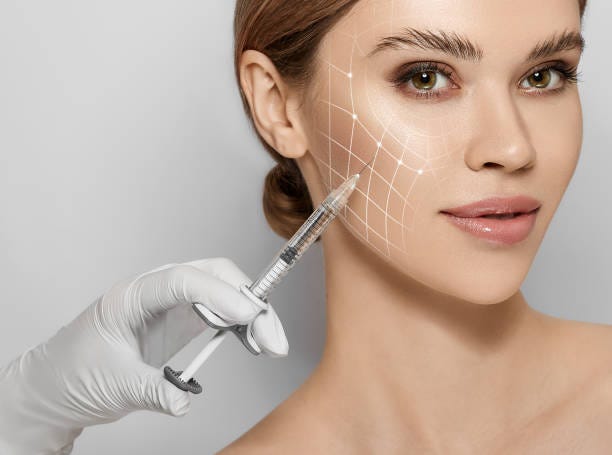
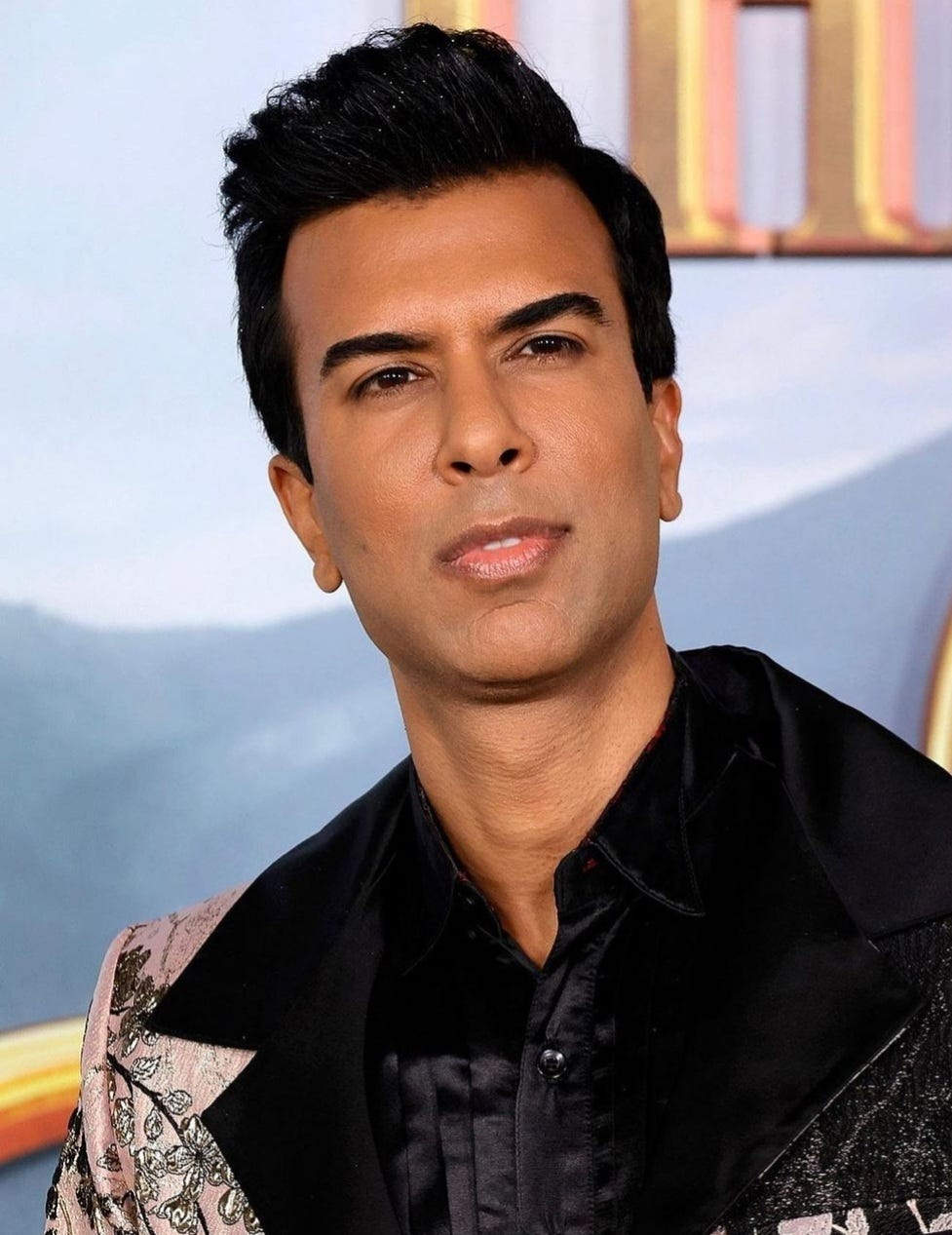

I’m pretty sure a large percentage of your readers are ageless as is your writing
Honestly, I don’t feel like people care much for authors’ looks even nowadays… I feel like the quality of the writing is still what matters the most.